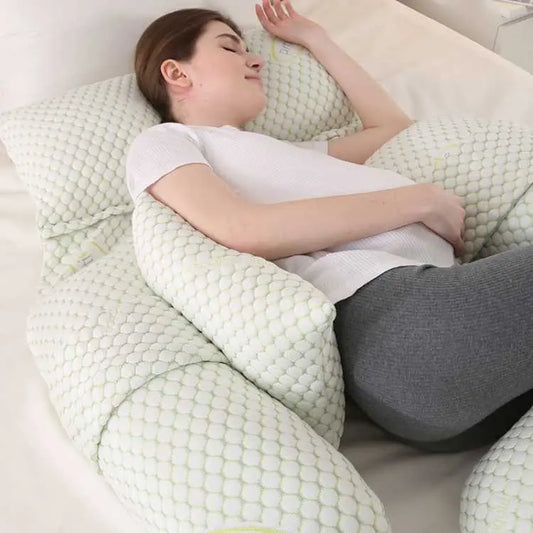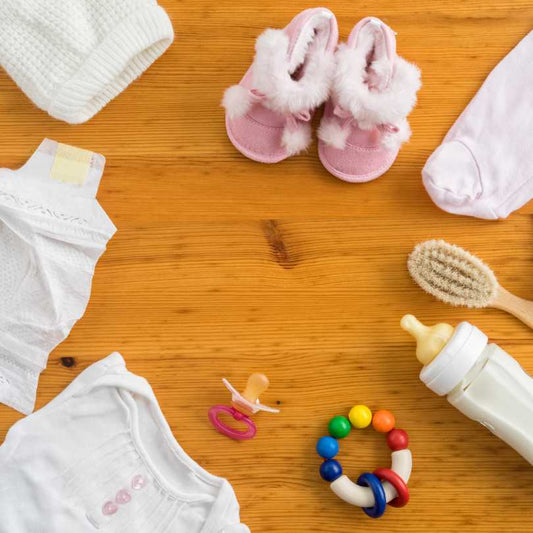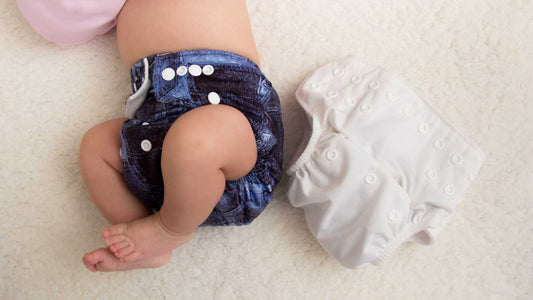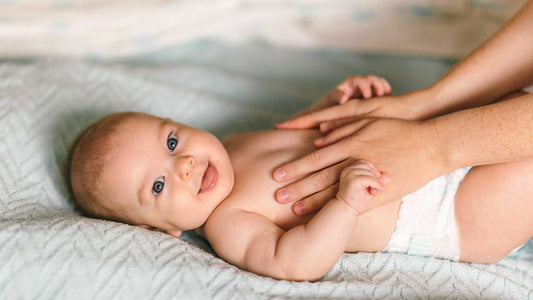
You may be surprised to learn that your newborn has skin defects at birth, such as small pimples or red spots. However, this is completely normal and there are different types of rashes that newborns can have. For example, newborn acne may occur, which is characterized by redness on the cheeks, forehead, neck and scalp and usually occurs in the second or fourth week after birth. It usually disappears on its own within weeks. Miliaria are white pimples that appear on the face and also disappear on their own, while Sudamina are red, white-tipped pimples that appear on the back and in the folds of the arms and legs. Milk crust or seborrheic dermatitis is a lesion found on the scalp and forehead that looks similar to dandruff. It's important to keep your baby's skin dry and clean it regularly, especially in the affected areas. If the rashes do not go away after a few days, you should see a pediatrician.
6 tips that will help you improve!
-
Use mild cleansers: Use mild cleansers such as baby soap or shampoo to clean your newborn's skin to avoid irritation.
-
Avoid excessive washing: Excessive washing can dry out your baby's skin, making rashes worse. Only wash your baby when necessary, using warm water instead of hot water.
-
Avoid overheating: Avoid keeping your baby in warm or humid environments as this can worsen the rashes. Make sure your baby sleeps in a cool and ventilated environment.
-
Use moisturizer: Use a mild moisturizer to hydrate your baby's skin and prevent dry skin, which can contribute to rashes.
-
Do not use medications without medical advice: Do not use medications, creams or ointments on your baby's skin without first consulting a pediatrician. Some medications can worsen the rashes or cause allergic reactions.
-
Use special products for the milk crust: There are special products for the milk crust such as special shampoos and soaps recommended by pediatricians, these help with care and reduce the possibility of skin damage and inflammation.





